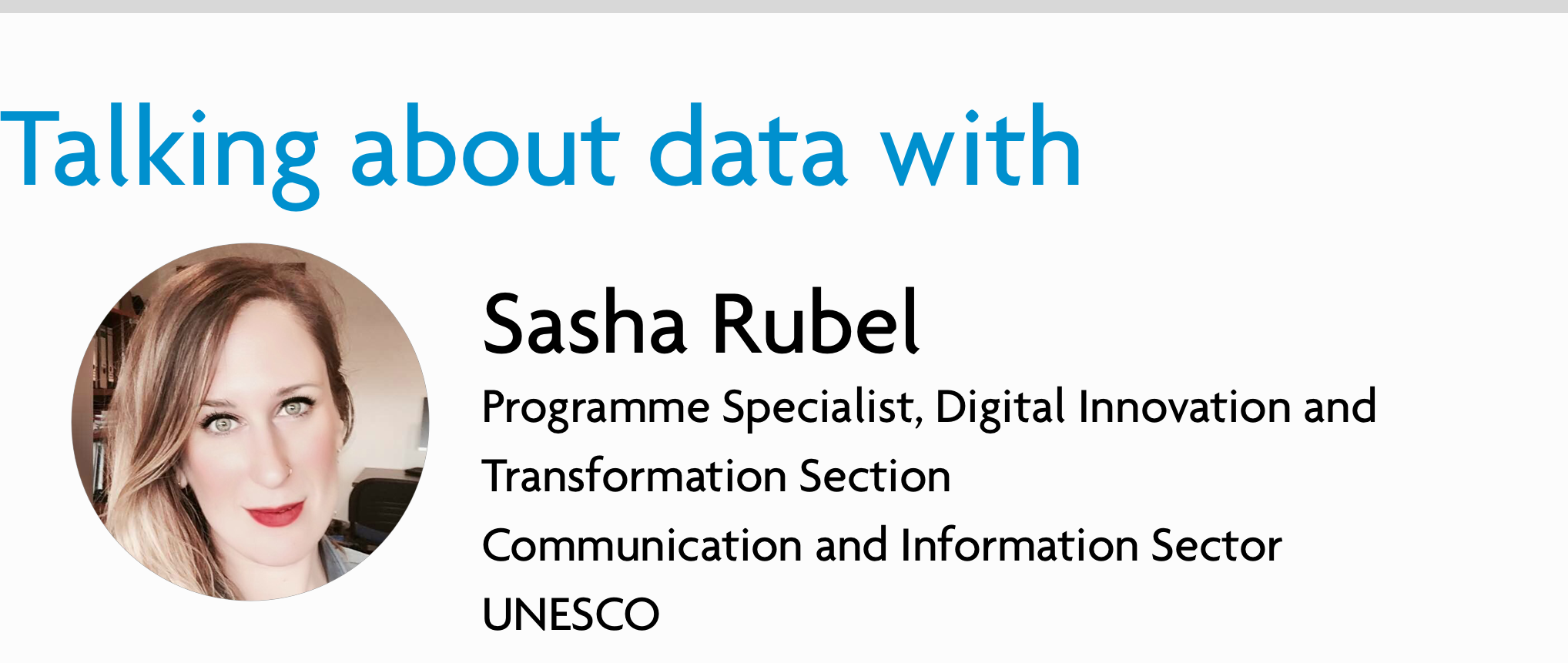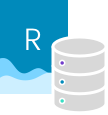The Internet & Jurisdiction Policy Network has released a Report “We Need to Talk About Data: Framing the Debate Around the Free Flow of Data and Data Sovereignty”. The Report presents concerns and perspectives around these polarizing policy concepts and offers recommendations on how to move forward. To unpack the key messages and explore the next steps I&JPN spoke to the Report’s contributors to ask how I&JPN can foster a collaborative discussion on how to organize our common datasphere.

Why do we need to talk about data?
We need to talk about data. But first, we need to understand what we are talking about to ask the right questions. Democracy isn't just about voting for your leaders, it's about understanding the issues at hand. If we understand data as the lifeblood of democracy, the way in which we think about data as a public good and the importance of open data commons, data trusts, and global data access frameworks must be central on the agenda.
To be able to ask courageous questions and engage with these ideas and frameworks, data literacy is key. What do we mean by “data sovereignty” or the “free flow of data”? The I&JPN report shows that people have different understandings of these concepts and often put them in opposition. We have to develop and define a shared vocabulary.
What is the most important key message from the I&JPN Report?
A message that I find particularly salient is that building a participatory methodology for addressing the challenges of the digital age is as important as addressing the problems themselves. Clearly, there is a need for data governance, but that does not necessarily mean that it must be done in the traditional way for something that is so very different.
When considering data policy approaches, why should we be thinking about our “common Datasphere”?
If we see the internet, not as the revolution, but as the steam engine, and the data revolution as an opportunity to rethink participatory public policy processes across boundaries, thinking about our “common Datasphere” sets the bar for how we can work together going forward across boundaries. That also means across sectors, across stakeholder groups, and across countries.
How can we foster a collaborative discussion moving forward?
Ultimately, to build a “Datasphere” as diverse, rights-based, and inclusive as the societies we aspire to create, we need to convene the conveners. We have to build the connective tissue, based on trust, that can link disparate discussions and translate them into joint action between policymakers and those implementing and benefiting from these policies. We need to ensure multi-stakeholder discussions, but we also need to move from just discussions to new models for multi-stakeholder decision-making and governance if the ultimate goal of public policy is to facilitate the development of processes, methodologies for cooperation, and frameworks that benefit everyone.


